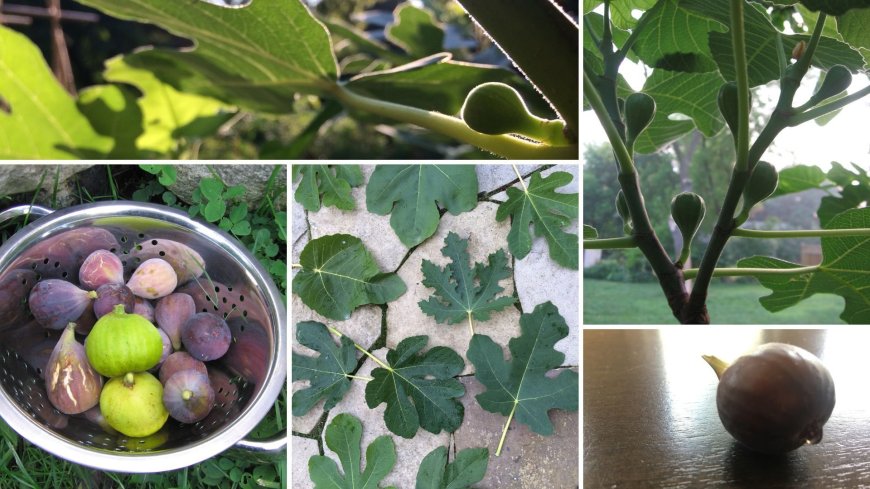The Best Soil for Growing Healthy Fig Trees
Discover the ideal soil conditions for growing strong and productive fig trees. Learn about soil composition, pH balance, drainage, and organic amendments to ensure your figs thrive.

Figs have been cultivated for thousands of years, and one of the most important factors in their success is the soil they grow in. Whether you're growing fig trees in the ground or in containers, understanding their soil needs will ensure they thrive and produce abundant, delicious fruit.
Fig trees prefer well-draining soil with a loamy texture, rich in organic matter. A mixture of sand, silt, and clay allows for proper moisture retention while preventing waterlogging. Figs are incredibly resilient but struggle in compacted or poorly drained soils, as excessive moisture around the roots can lead to root rot and other diseases. If your soil is naturally heavy, consider amending it with compost, aged manure, or perlite to improve aeration and drainage.
The ideal pH level for fig trees is between 6.0 and 6.5, slightly acidic to neutral. Testing your soil’s pH can help determine if adjustments are necessary. If the soil is too acidic, adding lime can balance it, while sulfur or organic matter like pine needles can lower the pH if it's too alkaline.

For container-grown fig trees, choosing the right potting mix is crucial. A blend of high-quality potting soil, compost, and perlite creates a light and airy environment that supports root growth. Adding mulch around the base of your fig tree, whether in the ground or in a pot, helps retain moisture, regulate temperature, and suppress weeds.
Regularly feeding fig trees with organic fertilizers like compost tea, fish emulsion, or balanced granular fertilizers can enhance soil fertility and promote vigorous growth. However, avoid over-fertilizing, as excessive nitrogen can encourage leafy growth at the expense of fruit production.
By paying attention to soil quality and making the necessary amendments, you can create the perfect growing environment for fig trees, ensuring they remain healthy and productive for years to come.








